Upgrading your vehicle with an aftermarket exhaust system can seem like a quick way to boost performance, improve sound, and enhance the overall driving experience. However, not all exhaust systems are created equal. Some modifications can hinder your vehicle’s performance, causing issues like reduced engine efficiency, poor fuel economy, and even long-term damage. Missteps in design or material choices can lead to excessive noise, incorrect tuning, and other problems that outweigh the benefits of an exhaust upgrade.
To ensure your vehicle performs at its best, it’s essential to know how an exhaust system impacts your engine and what potential pitfalls to avoid. Many systems focus on aesthetics or loudness without considering how they interact with the engine’s needs. Factors like back pressure, material quality, and precise tuning play a vital role in keeping your car running smoothly. By understanding these elements, you can make informed decisions that enhance performance, rather than compromise it.
Contents
Excessive Noise
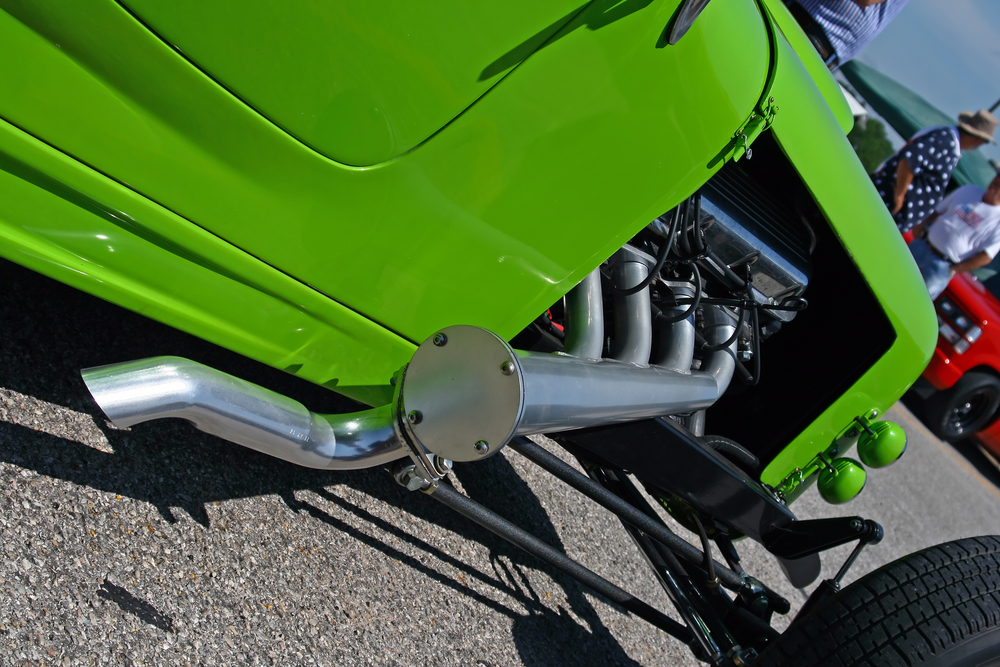
An exhaust system that produces excessive noise may seem like a power booster, but it often indicates poor engineering. Overly loud exhausts can disrupt engine performance by creating unnecessary sound waves and vibrations that interfere with the exhaust flow. The lack of tuning for optimal sound dampening can result in a system that sacrifices performance for noise. Choosing an exhaust system designed to control noise levels while maintaining efficiency ensures that your vehicle operates smoothly and without distraction.
Incorrect Tuning
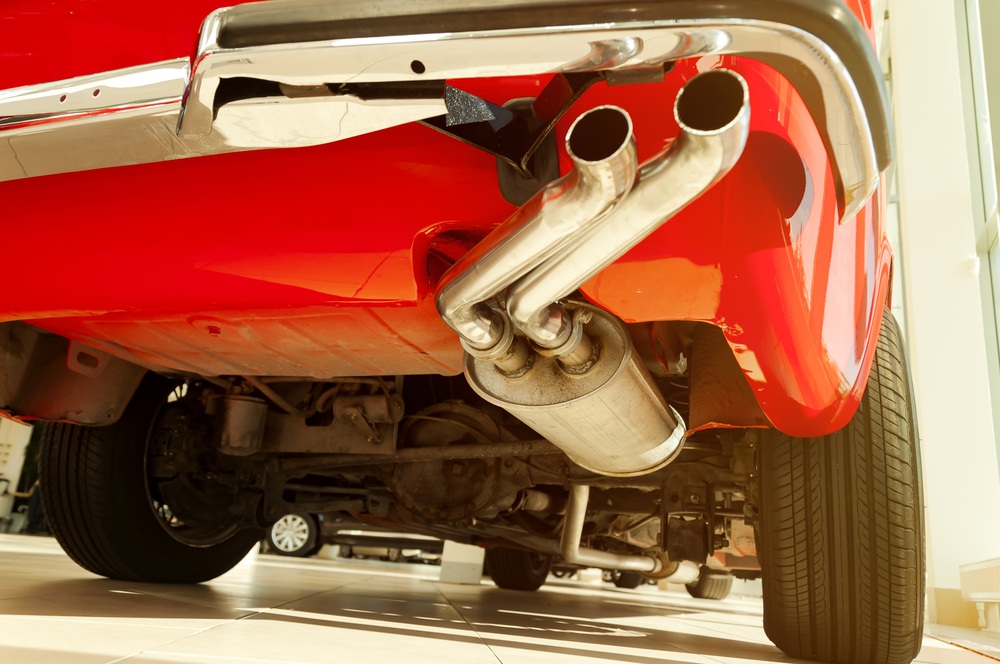
An improperly tuned exhaust system can wreak havoc on your vehicle’s performance. The exhaust needs to be calibrated to match your car’s engine specifications; otherwise, it can lead to an imbalance in air-fuel mixtures, reducing power output and efficiency. Incorrect tuning can also cause the engine to run too rich or lean, affecting its lifespan and performance. Ensuring that your aftermarket exhaust is finely tuned for your specific make and model is crucial for maintaining horsepower and torque.
Lack of Back Pressure

While too much back pressure is harmful, eliminating it can also hurt performance. Aftermarket exhaust systems that focus solely on reducing restrictions may create insufficient back pressure, which can negatively affect engine timing and torque. Without the right amount of back pressure, your engine won’t perform optimally at low RPMs, leading to sluggish acceleration and reduced power. The key is finding an exhaust system that strikes the right balance between flow and pressure.
Poor Design
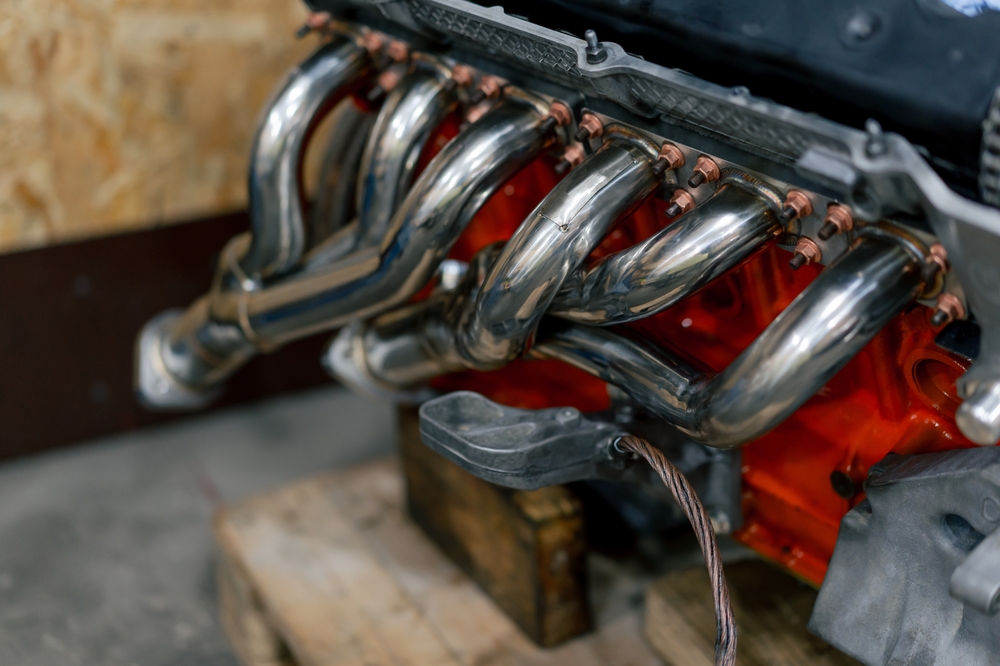
Poorly designed aftermarket exhaust systems often fail to consider the aerodynamics and engine requirements of specific vehicles. A bad design can lead to inconsistent airflow, heat build-up, and even component failure due to weak welds or low-quality materials. This not only hurts performance but also reduces the longevity of both the exhaust system and the vehicle itself. Opting for a well-designed system ensures optimal exhaust flow, heat management, and overall efficiency.
Incorrect Size
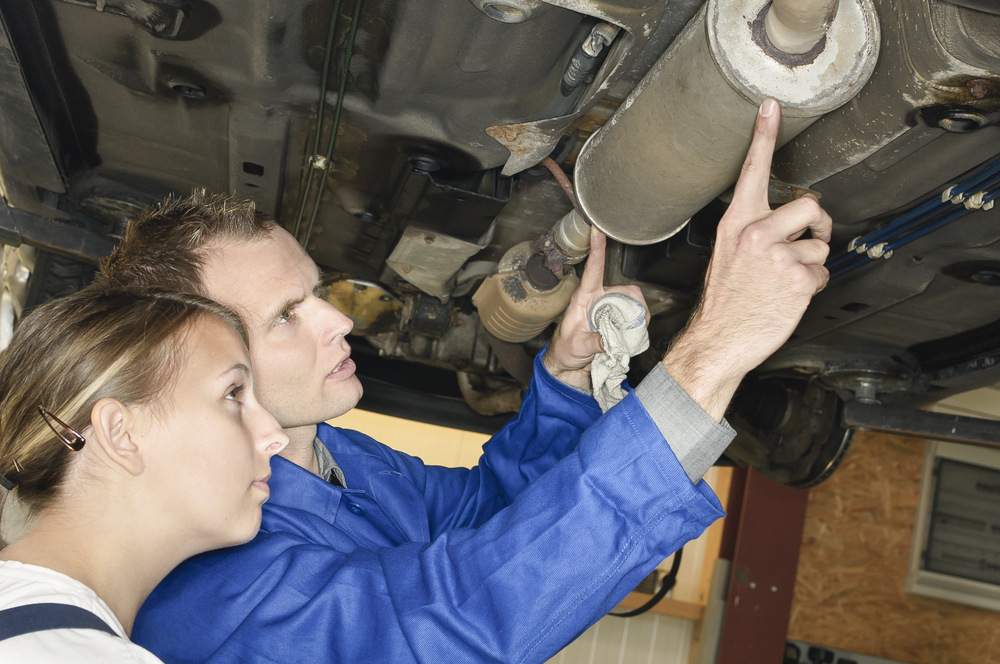
Size matters when it comes to exhaust systems, and using one that is either too big or too small can cause problems. Oversized exhaust pipes may reduce back pressure to the point that low-end power is compromised, while undersized pipes can restrict airflow, choking engine performance. The diameter of your exhaust system must be matched to your engine’s displacement and output for ideal performance. Always choose an exhaust system that is properly sized to meet your vehicle’s specifications.
Cheap Materials
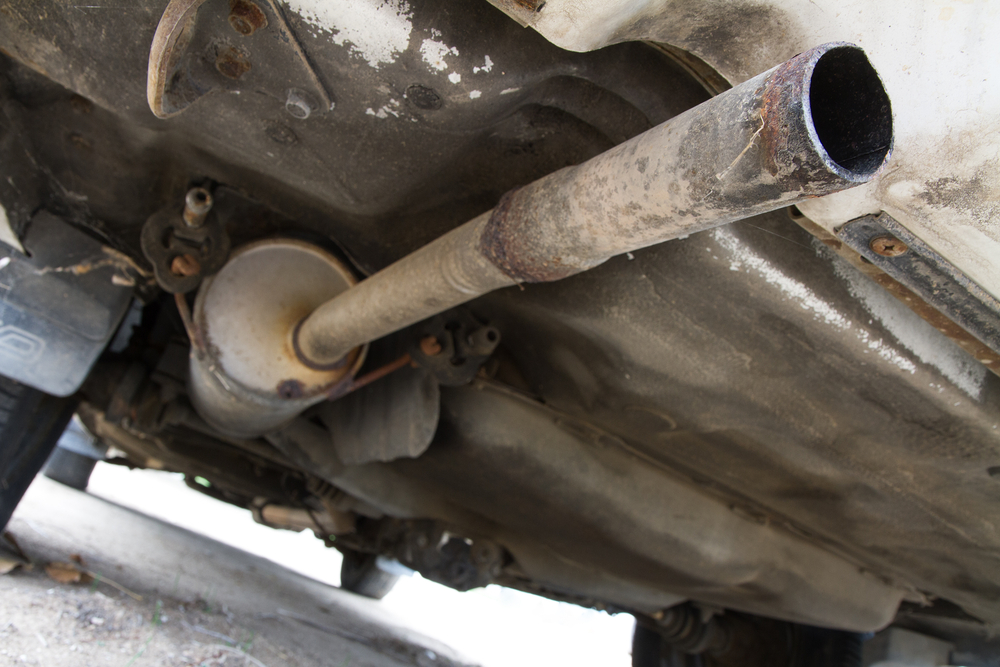
Aftermarket exhaust systems made from low-quality materials may initially seem like a budget-friendly option, but they often lead to long-term problems. Cheap materials, such as low-grade steel or aluminum, can corrode quickly, leading to leaks and structural failures. Additionally, these materials may not withstand the high heat generated by the engine, which can further degrade performance. Investing in a system made from high-quality materials like stainless steel ensures durability, heat resistance, and consistent performance.
Poorly Fitted Exhaust Components
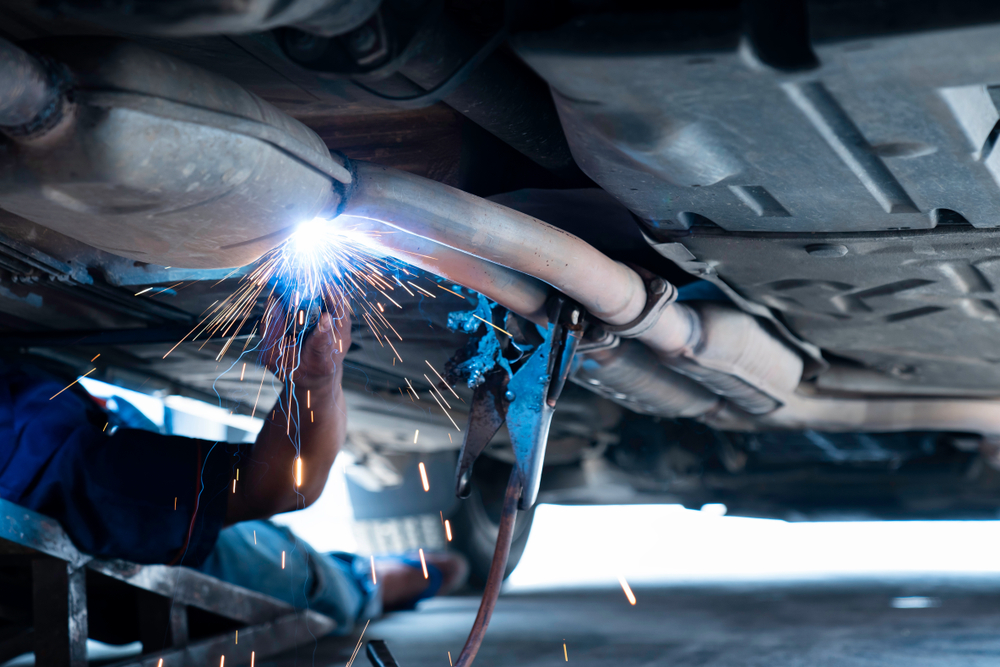
Even if the exhaust materials and design are good, poor fitment can ruin everything. A system that doesn’t fit your car properly can lead to exhaust leaks, rattling, and poor alignment, which in turn can reduce the efficiency of the exhaust flow. Misfitted components can also put additional stress on other parts of the car, leading to long-term damage. Ensuring a perfect fit for your specific make and model is critical for performance and longevity.
Excessive Weight
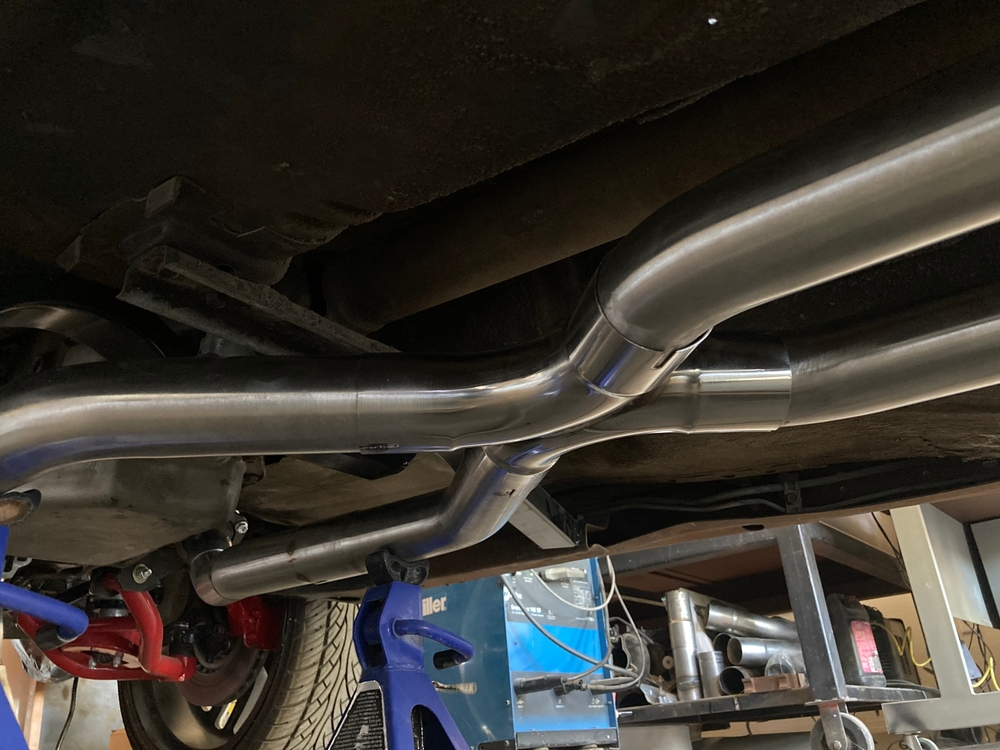
Some aftermarket exhaust systems add excessive weight to the vehicle, negating any potential performance benefits. Heavy exhaust systems can put additional strain on the engine, leading to a reduction in power and efficiency. A high-performance exhaust system should be lightweight, and designed to reduce unnecessary weight without compromising durability. Choosing a lightweight system made from high-grade materials ensures better fuel efficiency and improved overall performance.
Inadequate Heat Management
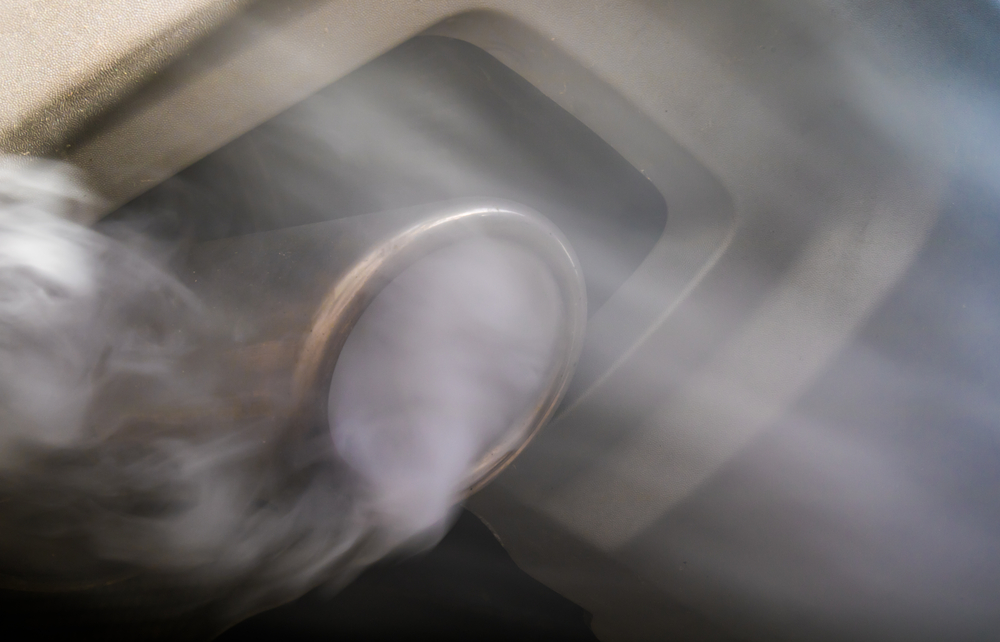
A system that does not properly manage heat can lead to excessive wear on engine components. Poorly designed aftermarket exhausts may fail to dissipate heat effectively, causing parts to overheat and deteriorate faster. This affects the performance of not only the exhaust system but also the engine, as excess heat can damage valves and manifolds. Choosing an exhaust with proper heat shielding and thermal management is essential for maintaining engine health and performance.
Bad Welds
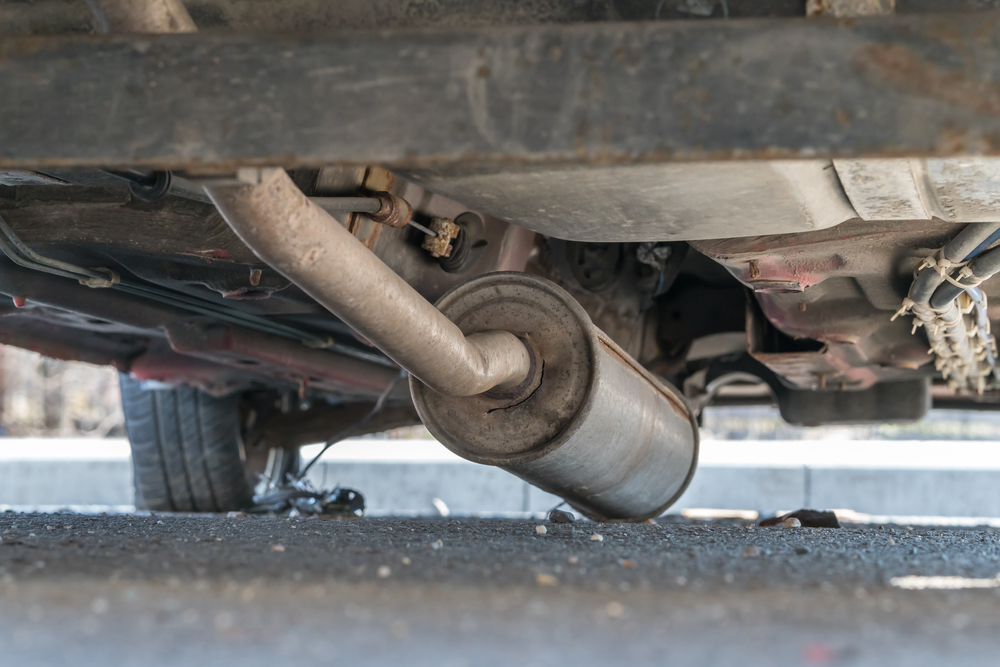
Exhaust systems with poorly done welds can compromise structural integrity and create leakage points. Bad welds may also be less resistant to heat and vibrations, leading to cracks or breaks in the exhaust system. These issues can cause exhaust gases to escape before they reach the muffler, reducing efficiency and increasing emissions. High-quality welding ensures that your exhaust system remains durable and functions properly under extreme conditions.
This article originally appeared on MyCarMakesNoise.
More from MyCarMakesNoise
17 Once-Valuable Luxury Sedans That Have Devalued

In the ever-changing world of luxury cars, some sedans that were once the pinnacle of elegance and innovation have seen their values drop significantly over the years. While they may have once commanded a hefty price tag, various factors like reliability issues, market shifts, and advancing technology have caused these once-coveted models to depreciate. Read More.
15 Must-Have Items for Flat Tire Emergencies

Getting a flat tire is never convenient, but having the right tools and supplies in your vehicle can turn a potentially stressful situation into a minor delay. From safety gear to practical tools, this guide will walk you through the essential items you should have on hand. Read More.
15 Budget-Friendly Camper Van Mods You Can Afford

Transforming your camper van into a cozy, functional home on wheels doesn’t have to cost a fortune. With a few affordable modifications, you can significantly enhance your comfort and convenience on the road. Read More.














